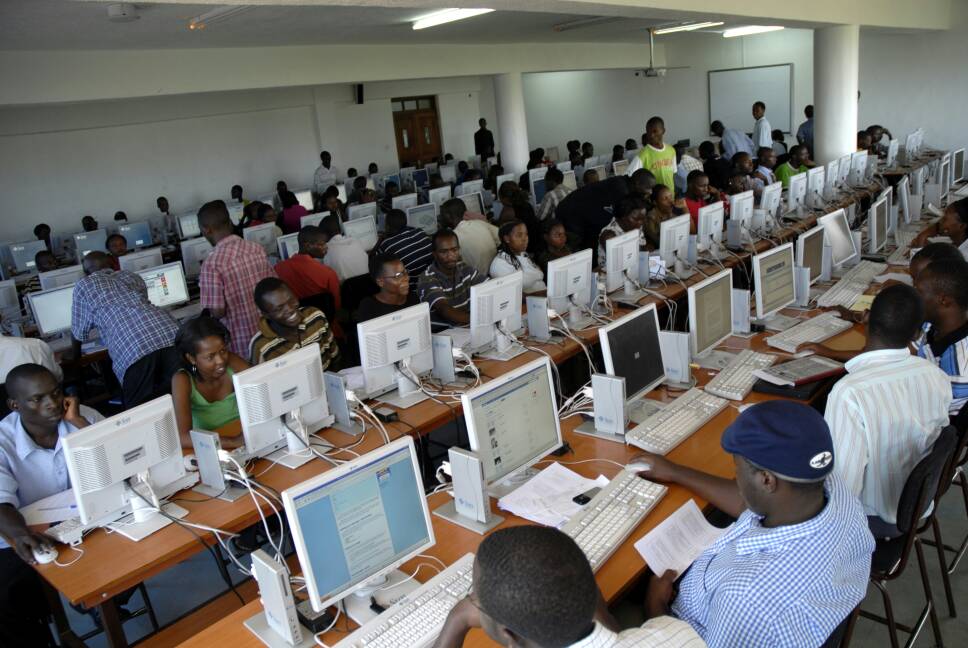National Information Technology Authority Uganda (NITA-U) has Monday announced a slash in the cost of internet bandwidth for government entities. The government agency that coordinates and regulates information technology services said that government ministries, departments and agencies will now purchase internet at USD 70 per Mbps, the lowest price in the market.
This represents a 36% cut from the USD 190 per Mbps cost.
In a statement released Monday, NITA-U said the move that takes effect on November 1 will enable cheaper access to reliable internet and subsequently improve efficiency in the way government does its business.
“We have been working hard to consistently lower the cost of internet bandwidth in Uganda, especially for government institutions since they provide onward services for ordinary Ugandans and the private sector,”said James Saaka the Executive Director of NITA-U.
“It has been a struggle to achieve what we have done over the years, but we are happy that we have maintained our plans with consistency, and we know our MDAs are even more happy about this,” Saaka added.
NITA-U has so far laid 2,400 kilometres of the National Backbone Infrastructure (NBI) in various towns across Uganda. Some of these include; Kampala, Entebbe, Mukono, Jinja, Busia, Tororo, Mbale, Malaba, Soroti, Lira, Gulu, Elegu, Masindi, Kyenjojo, Fort Portal, Kasese, Mutukula, Mbarara, Kabale and the Katuna Border Post.
Additionally, extension of the NBI is planned for the following districts in West Nile; Pakwach, Nebbi, Arua, Yumbe, Koboko and Adjumani.
Currently, there are 321 government ministries, departments and agencies (MDAs) and Local Governments (LGs) connected to the national backbone. NITA-U plans to scale this access to 409 more of these government entities by June 2018.
“Cognizant of the factors like cost of upstream bandwidth that significantly drive up the cost of internet bandwidth to Government offices, we have made the deliberate decision to purchase bulk internet bandwidth,” Saaka said.
Using economies of scale, he said, this has translated into a lower cost per Mb for government offices.
“As we connect more MDAs and Local Governments, we project the connectivity cost will reduce in tandem.”
Private operators, individual businesses, innovators and ordinary users have continuously decried the high cost of internet in Uganda. Telecom operators have on the other hand argued that this cost can only come down once Uganda has generated a critical mass of internet users.
“NITA-U remains committed to digitizing Uganda by reducing the cost of internet connectivity, which is a significant barrier in encouraging the use of Internet across the country,” Saaka remarked.
On his part, the ICT Association of Uganda (ICTAU) Chairman Albert Mucunguzi, welcomed the move saying; “Such initiatives spur the use on internet in the country. As ICTAU, we are happy to associate with NITA-U in driving internet penetration in the country.”
“We call upon the private internet providers in the country to consider purchasing bulk bandwidth from NITA-U so as to pass on the associated cost savings in form of price reductions to the consumers,” Mucunguzi added.
Similarly, Patrick Bagiire the Permanent Secretary in the Ministry of ICT and National Guidance said the reduction in internet cost “will enables us to continue the collective government effort to build a better society, foster innovation and create positive social and economic impact through the use of ICT as an enabler of government services provision”.








